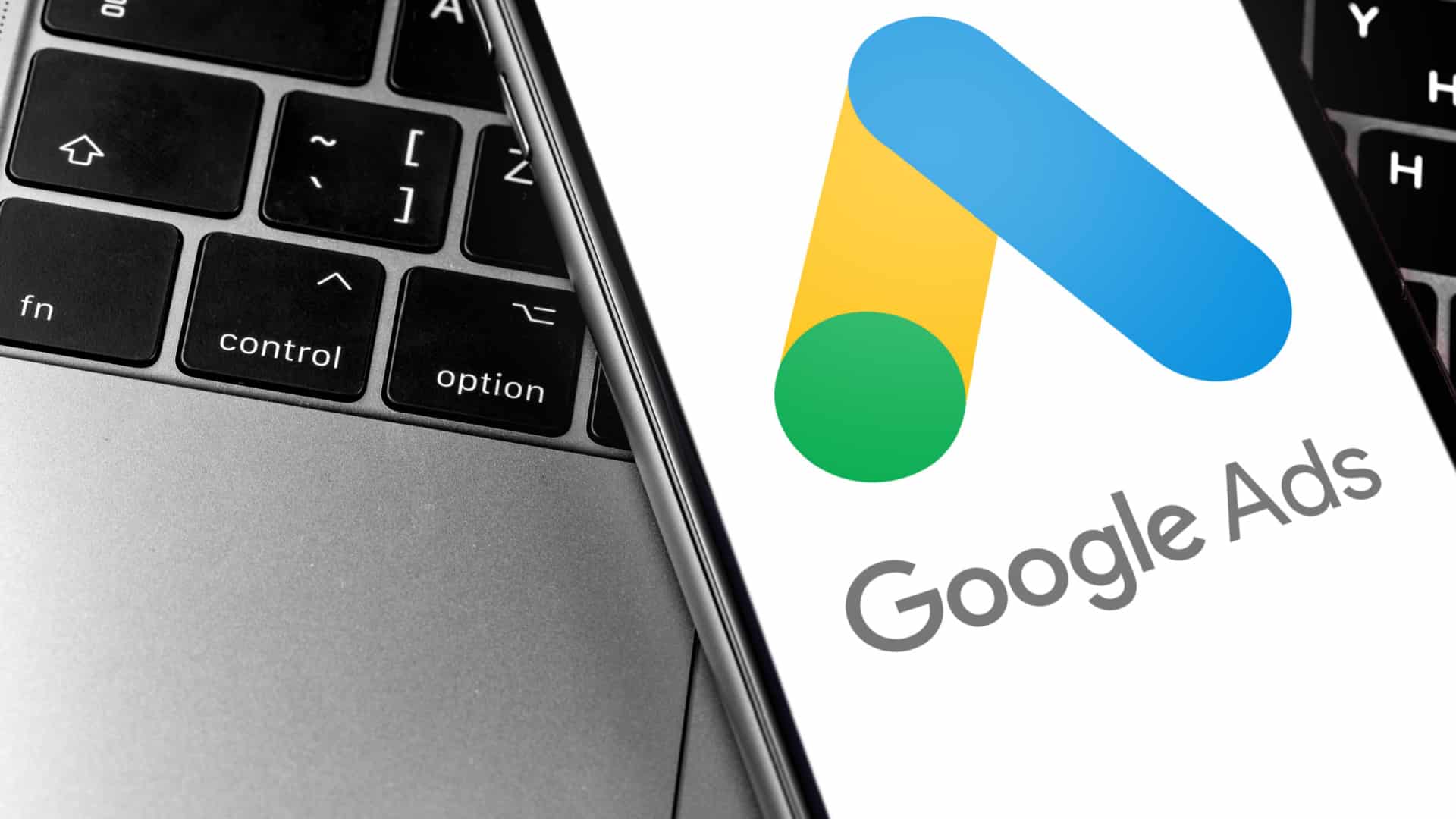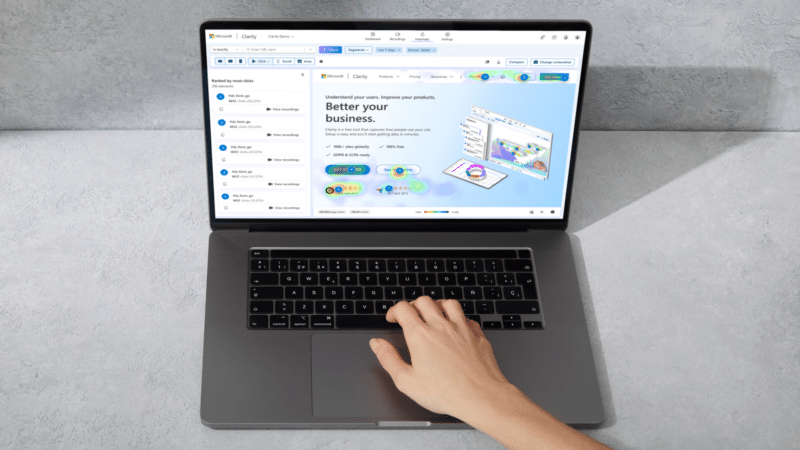Google Ads is introducing a new policy to combat scams and help prevent misleading ads.
The platform will now have a “get-to-know-you” period for advertisers it doesn’t know well. During this time, Google Ads may limit how many impressions unfamiliar advertisers receive.
The Limited Ads Serving policy will apply when an advertiser targets specific brands in their campaign but the relationship between the ad and brand is unclear, Google said.
This gradual rollout aims to curb bad actors while giving legitimate advertisers time to clarify their branding strategies on the platform before they’re rewarded with full reach.
Why we care. Implementing stricter ad policies could build user trust, giving people more confidence to click on buy from brands advertising on Google. The actual impact will likely be small for advertisers, but this could help some brands by reducing the reach of low-quality advertisers targeting them.
What’s next? Google Ads will notify advertisers impacted by the new policy. Those advertisers will get guidance on meeting the requirements to reach what Google calls “qualified status.”
Google Ads plans to slowly phase in enforcement before gradually expanding the policy’s reach.
Measuring trust. Google Ads shared how it will gauge an advertiser’s trustworthiness based on its track record:
- User feedback: Google Ads will closely monitor user feedback and consider negative and positive reviews.
- Advertising history: Google Ads will analyze whether advertisers have a good track record of adhering to its advertising policies.
- Advertiser Identity Verification: The platform confirmed that completing this step is an “important” factor in establishing trust between users and advertisers.
Help for advertisers. Google Ads stated that it will provide advertisers with advice on how to create clear ads – for example, pinning their domain to the title of the ad, especially if they are not a widely known brand.
Get the daily newsletter search marketers rely on.
What Google is saying? Advertisers without a record of good behavior could have their impressions limited under this policy until they build their track record, a Google Ads spokesperson told Search Engine Land:
- “While we want to allow users the opportunity to interact with relevant and helpful ads, this policy will reduce the chance that they’ll see a misleading or confusing ad from an advertiser with an unproven track record.”
- “It’s important to us that we keep our platform open to new advertisers and give them the opportunity to deliver a helpful experience. This policy won’t block or remove any ad from our platform, and any limitations on an ad will only apply in certain scenarios like when a user could be confused by an advertiser’s brand identity. We’ll be rolling out this policy gradually and making adjustments to ensure it’s working effectively.”








